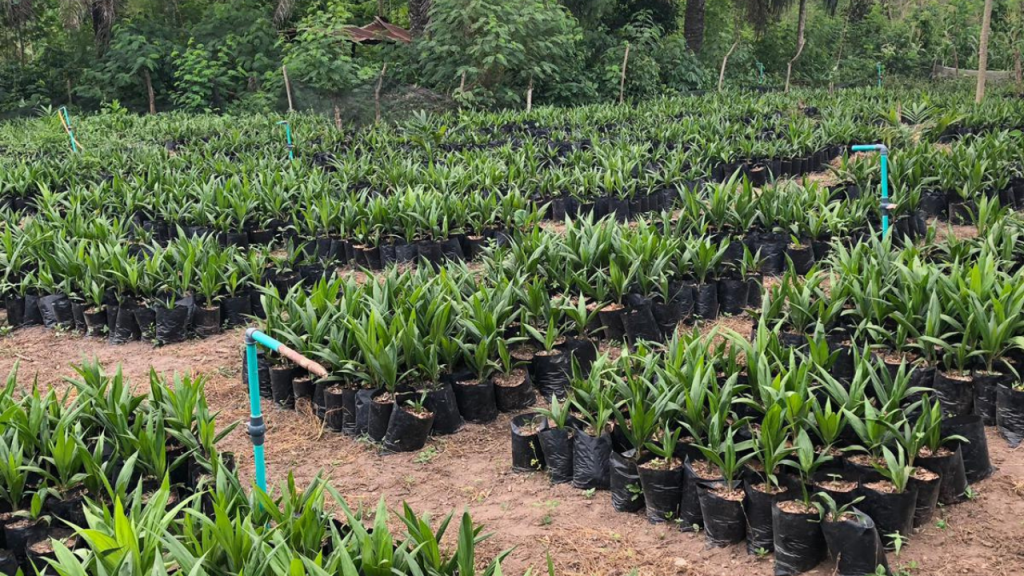Introduction
The cultivation of oil palm is a significant agribusiness in many tropical regions, including Nigeria. Two prominent varieties of oil palm are Supergene and Tenera. While Tenera has been the industry standard due to its high oil yield, Supergene oil palm is gaining attention for its superior qualities. This article delves into why you should consider planting Supergene oil palm over Tenera.
Yield and Oil Content
Supergene oil palms have been developed through selective breeding to enhance several desirable traits. One of the most compelling reasons to choose Supergene over Tenera is its higher oil yield. Supergene oil palms produce more oil per hectare due to their larger and more numerous fruit bunches. Additionally, the oil content in the mesocarp of Supergene fruits is higher, resulting in greater extraction efficiency.
Disease Resistance
Another advantage of Supergene oil palm is its enhanced resistance to common diseases that plague oil palm plantations. Fusarium wilt, Ganoderma basal stem rot, and bud rot are significant threats to oil palm productivity. Supergene varieties have shown greater resilience against these diseases, reducing the need for chemical treatments and lowering production costs.
Growth Rate and Adaptability
Supergene oil palms exhibit faster growth rates compared to Tenera. This means that plantations reach maturity sooner, allowing for quicker returns on investment. Furthermore, Supergene palms are more adaptable to a range of soil types and climatic conditions, making them suitable for diverse planting locations.
Sustainability and Environmental Impact
The cultivation of Supergene oil palm aligns with sustainable agricultural practices. The higher yield per hectare reduces the need for land expansion, thereby mitigating deforestation and habitat loss. Additionally, the disease resistance of Supergene varieties minimizes the use of harmful pesticides and fungicides, promoting a healthier ecosystem.
Economic Benefits
From an economic perspective, the superior yield and disease resistance of Supergene oil palm translate into higher profitability. Lower maintenance costs, reduced chemical usage, and increased oil production contribute to better financial outcomes for farmers. Moreover, the faster growth rate ensures a quicker return on investment, making Supergene a financially sound choice.
Conclusion
While Tenera has been the go-to variety for oil palm cultivation, Supergene oil palm offers several advantages that make it a superior option. Its higher yield, disease resistance, adaptability, and alignment with sustainable practices provide compelling reasons for farmers to transition to Supergene oil palm. Investing in Supergene not only enhances productivity but also supports long-term economic and environmental sustainability.

